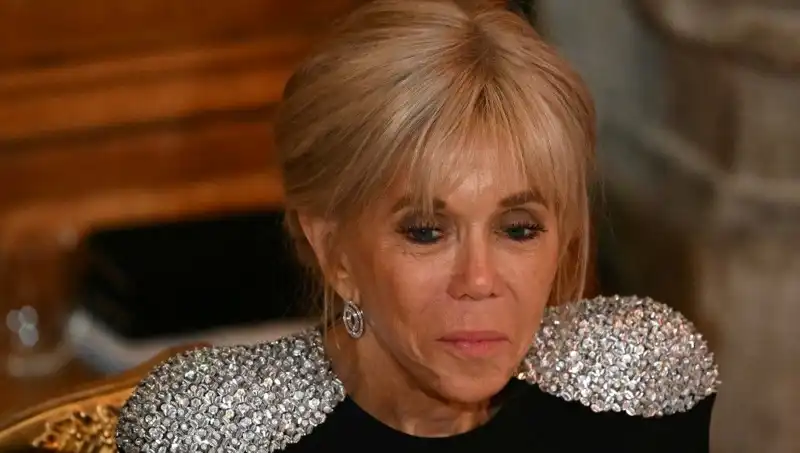Erkek Olarak Doğdu İddiasına Beraat: First Lady Davasında Şok Gelişme
First Lady davasında çıkan "erkek olarak doğdu" iddiasına beraat kararı verildi. Detaylar haberimizde.

Recent developments in the high-profile First Lady case have stirred significant attention, particularly due to claims surrounding the individual's gender identity and biological status. The court's ruling to acquit the accused of the allegation stating that they were "born male" raises questions about the implications of such assertions on personal identity and the legal landscape surrounding them. As the trial unfolded, various testimonies and expert opinions were brought to light, delving deep into the complexities of gender identity, societal norms, and the legal ramifications of identity assertion.
Davanın Arka Planı ve İddialar
The First Lady case began when allegations surfaced, asserting that the individual in question had been born as a male but later identified as female. This assertion sparked widespread debate about the validity of gender identity and how it is perceived legally and socially. Advocates for gender rights hailed the hearing as a pivotal moment for recognizing and affirming gender identity in legal contexts. On the contrary, opponents argued that identity claims should adhere to biological definitions, advocating that the law should reflect traditional views on gender.
As the case progressed, the prosecution presented testimony from individuals who claimed to have known the First Lady prior to her transition, asserting that she had initially identified as male. However, defense attorneys positioned that these testimonies were not only outdated but also failed to respect the evolving understanding of gender as a spectrum rather than a binary construct. They emphasized that the crux of the matter was not simply a question of biological fact but rather the individual's right to self-identify.
Mahkemenin Kararı ve Toplumsal Etkileri
In a landmark ruling, the court decided to acquit the First Lady of the allegations pertaining to being "born male." This decision not only underscores the importance of recognizing self-identity but also sets a precedent for future legal cases regarding gender identity. The judge emphasized in a statement that the law must adapt to evolving societal norms and should prioritize individual rights over traditional conventions.
The acquittal has been met with mixed reactions from the public. Supporters applauded the ruling as a victory for transgender rights and the affirmation of personal identity. They argue that this case is a vital step toward dismantling oppressive narratives surrounding gender and encourages a more inclusive understanding of human diversity. On the other hand, critics voiced their concerns about the implications of such rulings, indicating that it could open a Pandora's box of legal battles as society grapples with the definitions of gender and identity.
The discussion sparked by the First Lady case extends beyond just legalities; it touches upon deep-seated cultural norms, biases, and the ongoing fight for equality in all facets of life. Advocacy groups have taken this opportunity to call for broader policy changes that protect the rights of individuals to identify freely without fear of legal repercussions.
While the ruling in the First Lady case is undeniably significant, it also illuminates the ongoing debates surrounding gender identity in society. As legal systems strive to catch up with evolving understandings of gender, the importance of respectful dialogue and education cannot be overstated. It is crucial for lawmakers, legal professionals, and society at large to engage in discussions that respect personal identity while also considering the collective values and norms.
Ultimately, the First Lady case reveals that the legal system is, at times, both a reflection of and a player in the society it serves. The road ahead may be fraught with challenges, but with each decision like the one made in this case, there lies the potential for greater understanding and acceptance, not just within legal frameworks but across the broader social fabric.
The impact of this case will undoubtedly resonate through subsequent discussions of gender and identity, compelling us all to examine our perceptions and understandings. As society evolves, so too must our practices, laws, and ideologies in order to foster a world that truly respects and embraces diversity in all its forms.




